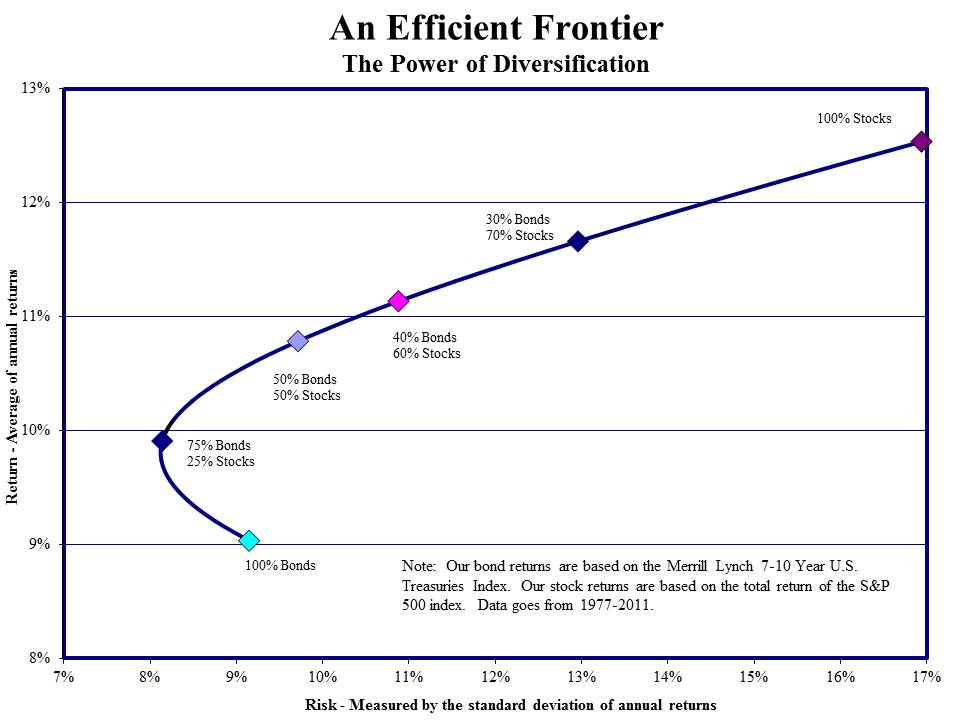jollystomper
Give me a museum and I'll fill it. (Picasso) Give me a forum ...
- Joined
- Apr 16, 2012
- Messages
- 6,184
If it works for her that is great. I may not completely agree with her, but then I do not completely agree with those my age who have more than 50% of their assets in the market  . Someone who had taken her action in 2007 would probably be called a genius, at least for a few years.
. Someone who had taken her action in 2007 would probably be called a genius, at least for a few years.
But that is just me. My projected retirement SWR will be less than 2.5% even before SS kicks in, I have access to a 3% yield stable value fund in my 401K. With this, in theory I could also get completely out of the market. But I will probably always keep something in the market, probably due to greed.
But that is just me. My projected retirement SWR will be less than 2.5% even before SS kicks in, I have access to a 3% yield stable value fund in my 401K. With this, in theory I could also get completely out of the market. But I will probably always keep something in the market, probably due to greed.

